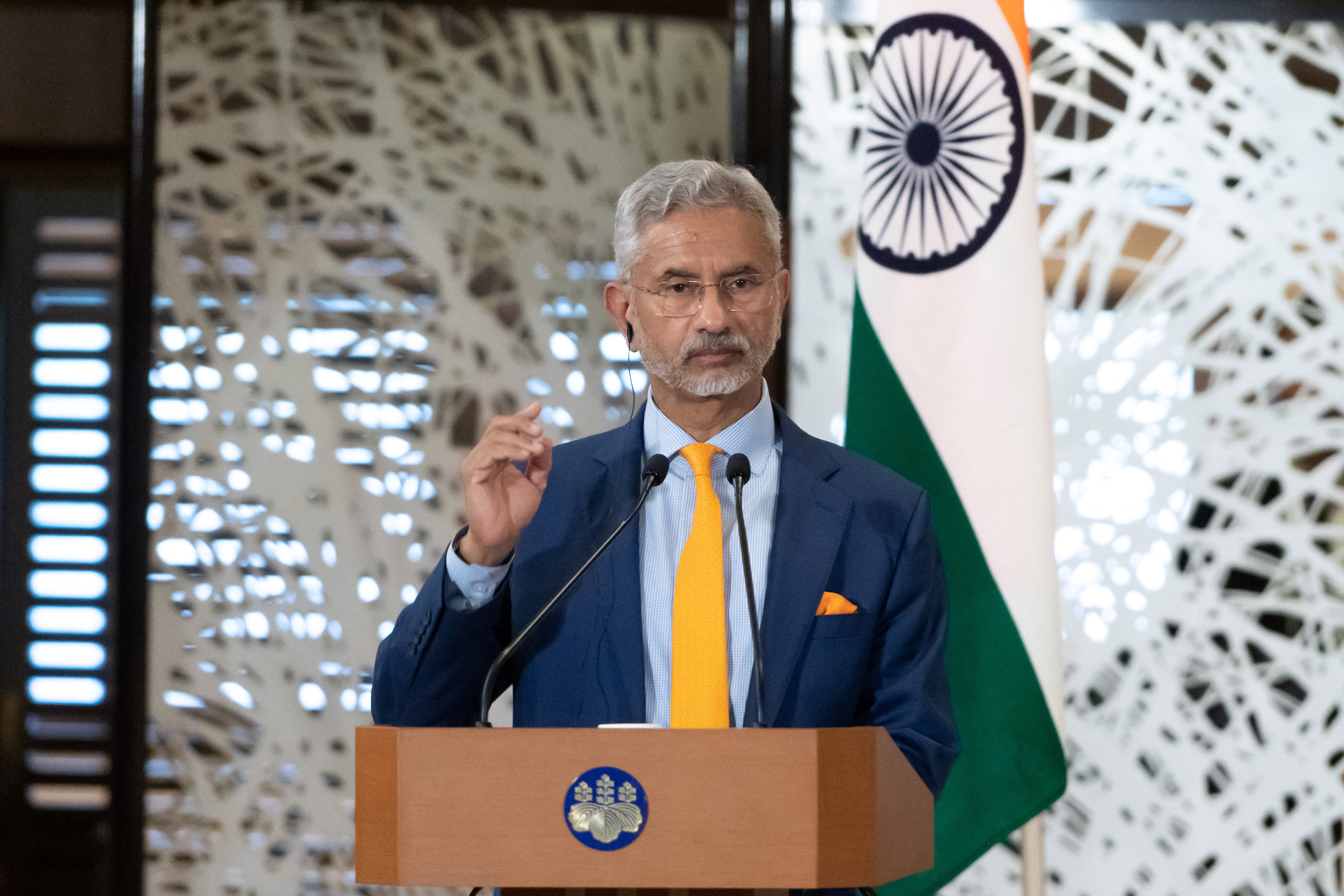
Pakistan, holding the chairmanship of the SCO for this cycle, will host the Council of Heads of Government summit, which aims to focus on regional security, economic cooperation, and cultural exchanges among member states. The event will be preceded by several ministerial and senior official meetings that aim to address financial, economic, and humanitarian issues. Jaishankar’s participation comes after India hosted the previous SCO summit virtually in 2023, where Pakistan’s then-prime minister Shehbaz Sharif attended via video link.
The SCO, founded in 2001 by China, Russia, and four Central Asian states, has emerged as a key multilateral forum aimed at promoting security and economic cooperation. India and Pakistan joined the group as permanent members in 2017, reflecting the increasing importance of this platform for both nations in terms of regional diplomacy. Over the years, the SCO has grown to include Iran as a permanent member, underscoring its expanding regional influence.
Jaishankar’s upcoming visit to Pakistan is particularly noteworthy given the prevailing tensions between the two countries. While there has been no formal dialogue between India and Pakistan on key issues such as border disputes and terrorism, multilateral forums like the SCO provide a platform for diplomatic engagement. Nonetheless, the significance of Jaishankar’s visit lies primarily in the larger geopolitical context, as both countries continue to seek regional cooperation on security and economic matters, despite longstanding differences.
Pakistan’s leadership in this summit presents an opportunity to focus on critical regional issues, such as trade, energy cooperation, and stability in Afghanistan. With Afghanistan continuing to be a shared concern among SCO members, the summit’s agenda is expected to address the region's broader security challenges. Both India and Pakistan, as neighboring countries with significant stakes in Afghanistan’s future, are anticipated to engage in discussions that could shape regional strategies on counterterrorism and economic recovery.
Jaishankar’s presence at the summit underscores India’s commitment to its role within the SCO. The platform has become increasingly significant as geopolitical alignments shift, particularly with the rising influence of China and Russia in the region. For India, engaging with the SCO provides an opportunity to collaborate on security issues and strengthen ties with Central Asian nations, which are crucial for energy and trade routes. Additionally, Pakistan’s hosting of the summit signals its efforts to bolster regional cooperation, which could contribute to softening tensions, even if temporarily.
This visit, which follows a series of virtual meetings held due to pandemic restrictions, marks a return to in-person diplomacy. It is expected to draw significant attention, given that it could provide a rare opportunity for dialogue between the foreign ministers of India and Pakistan. While the official agenda focuses on regional cooperation, the potential for behind-the-scenes diplomacy cannot be ruled out.
